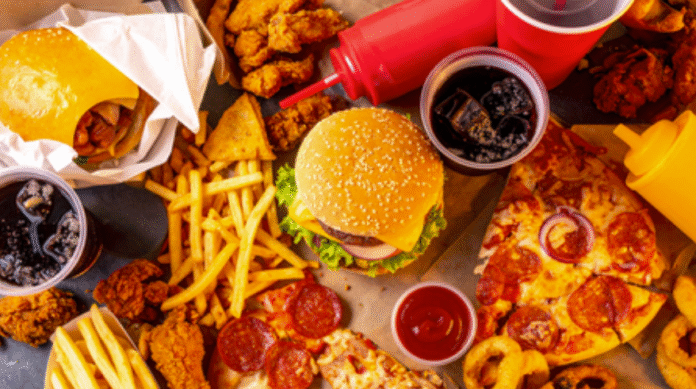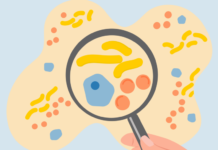NEW DELHI– A new study has raised alarm over the addictive potential of ultra-processed foods like chips, cookies, and soda, warning that these popular snacks can activate brain responses similar to those seen in substance-use disorders such as addiction to alcohol or cocaine.
Published in the journal Nature Medicine, the study reviewed data from nearly 300 studies conducted across 36 countries. The findings strongly suggest that ultra-processed foods (UPFs) can hijack the brain’s reward system—prompting cravings, compulsive use, and continued consumption despite harmful consequences.
“People aren’t becoming addicted to apples or brown rice,” said lead author Ashley Gearhardt, a psychology professor at the University of Michigan. “They’re struggling with industrial products specifically engineered to hit the brain like a drug—rapidly, intensely, and repeatedly.”
Researchers pointed out that despite growing scientific consensus, ultra-processed food addiction still lacks formal recognition in diagnostic systems like the Diagnostic and Statistical Manual of Mental Disorders (DSM), which already includes conditions like caffeine and nitrous oxide use disorders based on far less evidence.
“The bar for recognizing addiction has been far lower in other cases,” said co-author Erica LaFata, assistant research professor at Drexel University’s Center for Weight, Eating, and Lifestyle Science. “It’s time ultra-processed food addiction was held to the same scientific standard.”
The study also cited neuroimaging research showing that individuals with compulsive UPF consumption exhibit brain circuit disruptions nearly identical to those found in people addicted to alcohol and cocaine. Additionally, some medications used to reduce food cravings have been shown to also curb compulsive drug use, suggesting overlapping neurobiological mechanisms.
Researchers are urging public health authorities, clinicians, and policymakers to formally recognize ultra-processed food addiction as a legitimate condition. They also call for increased funding for research, clinical diagnostic tools, and treatment protocols.
Furthermore, the study recommends adopting tobacco-style control measures for ultra-processed foods—such as restrictions on advertising to children, clearer labeling, and widespread public education campaigns.
“We’re not saying all food is addictive,” Gearhardt emphasized. “We’re saying that many ultra-processed foods are designed to be addictive. And unless we recognize that, we’ll continue to fail the people most affected—especially kids.” (Source: IANS)














